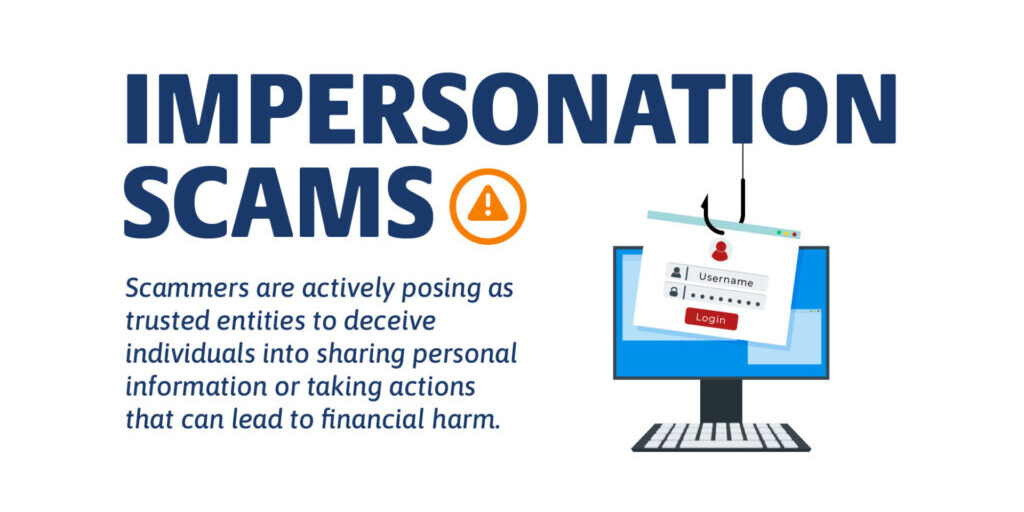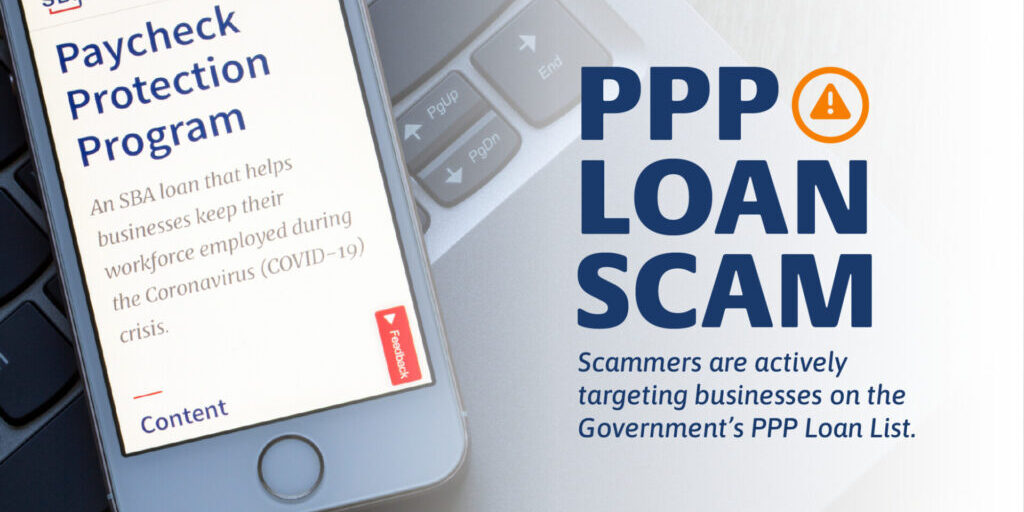How to Recognize and Protect Yourself from Scams

Scammers are becoming more sophisticated in their tactics to exploit people. From phishing schemes to investment frauds, it’s hard to navigate the landscape of potential scams. Understanding how to recognize and protect yourself from scams are crucial steps to safeguarding yourself from falling prey to scams in the digital age.
Spotting Scammers: Five Telltale Signs
- Information Overload: Scammers often fish for detailed personal information upfront, even before processing an application. Be wary if they’re too eager to pry into your personal life right off the bat.
- Payment Insistence: If a supposed deal hinges on a specific payment, it could be a red flag. Legitimate transactions typically offer flexibility in payment options.
- Check Deception: Watch out for scenarios where you receive a check for an amount much higher than expected, only to be asked to send back the excess amount. Be cautious, the original check will likely bounce.
- Ghost Companies: Can’t find a trace of the company the caller claims to represent? Proceed with caution. Legitimate businesses usually leave a digital footprint that’s easily traceable.
- Urgency Pressure: Feeling rushed or pressured to make a decision on the spot? Take a step back. Scammers often play on urgency to catch you off guard. Trust your gut and take the time you need to assess the situation.
Prime Targets: Who’s in the Crosshairs?
Scammers cast a wide net, but some groups are particularly vulnerable. Here are some of the most common targets of scams:
- The Unemployed: If you’re job-hunting, don’t respond to emails offering you a “dream position” you never applied to have. If it sounds too good to be true, it probably is.
- The Elderly: Seniors, spending more time online than ever, can fall prey to scams due to their trusting nature and lack of awareness about online risks.
- The Youngest Generation: Children will more readily share information with strangers, which can then be used to steal their identity.
Unmasking Scams: What Do They Look Like?
Scams come in various guises. These are some of the most common scams:
- Cyberhacking. Hackers gain remote access to your computer-and personal information.
- Phishing scams. Scammers bait you into sharing personal information, which they use to hack your accounts or steal your identity.
- Mystery shopper. A bogus company will “hire” you to purchase an item in a store and then report back on the experience. Before you get started, though, you’ll have to pay a hefty fee, which you’ll never see again.
- Job offers. Scammers “hire” you for a position and then scam you by sending you an inflated check, as detailed above.
- Sweetheart scams. A scammer pretending to be an online lover will con you into sending them money and gifts or sharing personal information.
- Fraudulent investments. Scammers reach out to victims with information about lucrative investments that don’t exist.
Armor Up: Ten Tactics to Shield Yourself
- Guard Your Privacy: Keep personal information under lock and key, especially online.
- Email Vigilance: Steer clear of unsolicited emails, and never click on suspicious links.
- Secure Transactions: Only use secure payment methods and never wire money to strangers.
- Tech Fortification: Keep your devices updated, use two-factor authentication, and create strong passwords.
- Social Media Safeguarding: Opt for the highest privacy settings on your social accounts.
- Stay Informed: Education yourself about the latest scams and tactics.
- Kid-proofing: Teach your children basic online safety measures.
- Elderly Education: Help seniors recognize and defend against common scams.
- Verification Protocol: Verify requests for personal information independently before complying.
- Research Rigor: Always research companies and offers to verify legitimacy before committing to anything.
Stay Ahead of the Game
Scammers are like chameleons, constantly adapting to their surroundings. But, armed with knowledge and vigilance, you can thwart their efforts. For the latest updates on scams and invaluable safety tips, visit the Federal Trade Commission’s Federal Trade Commission’s website. Together, we can outsmart the scammers and protect ourselves in the digital realm.
Share This
You May Also Like
Defending Against Impersonation Scams
How to Recognize and Defend Against PPP Loan Scams
Tips to Prepare for Tax Season
Want to learn more?
Discover additional resources and other financial topics by visiting our Financial Education Center.

 Now Park View makes it even easier to schedule an appointment with one of our service representatives.
Now Park View makes it even easier to schedule an appointment with one of our service representatives.

